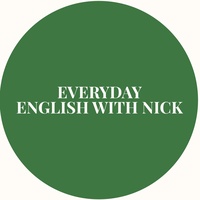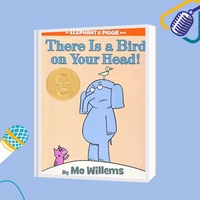Выбрать из множества учителей по предмету английский...
Выбор редактора

Christmas in France: A Blend of History, Tradition, and Modern Warmth
10 нравится · 6 Комментариев

A Taste of Christmas: Traditional Holiday Dishes Around Portugal
6 нравится · 3 Комментариев

Buono, Bene, Bello: Understanding the Differences in Italian
5 нравится · 1 Комментариев

Italian Passato Prossimo: When to use ‘essere’ and ‘avere’
4 нравится · 2 Комментариев

Same Word, Different Meaning: American, British, and South African English
21 нравится · 17 Комментариев

How to Sound Confident in English (Even When You’re Nervous)
16 нравится · 12 Комментариев

Marketing Vocabulary and Phrases for Business English Learners
13 нравится · 6 Комментариев

10 Strong Verbs to Use in a Job Interview
22 нравится · 5 Комментариев

Five Classics of Portuguese literature: The most popular books
11 нравится · 6 Комментариев

Fare vs. Essere: How to talk about the weather in Italian
5 нравится · 4 Комментариев
Еще статьи








